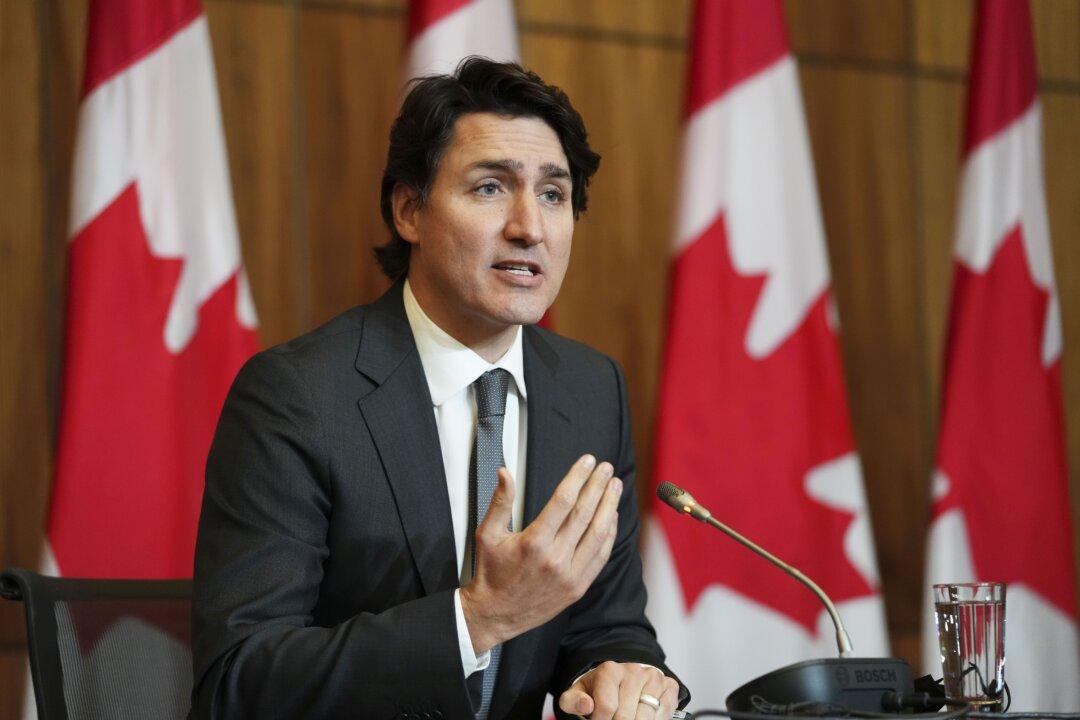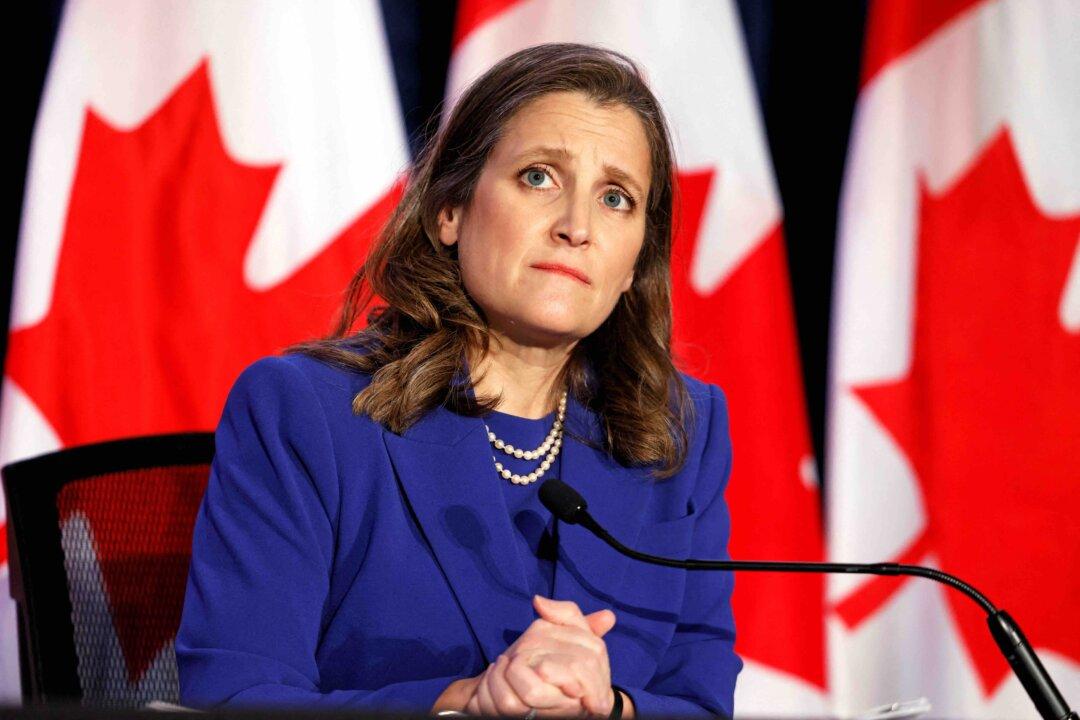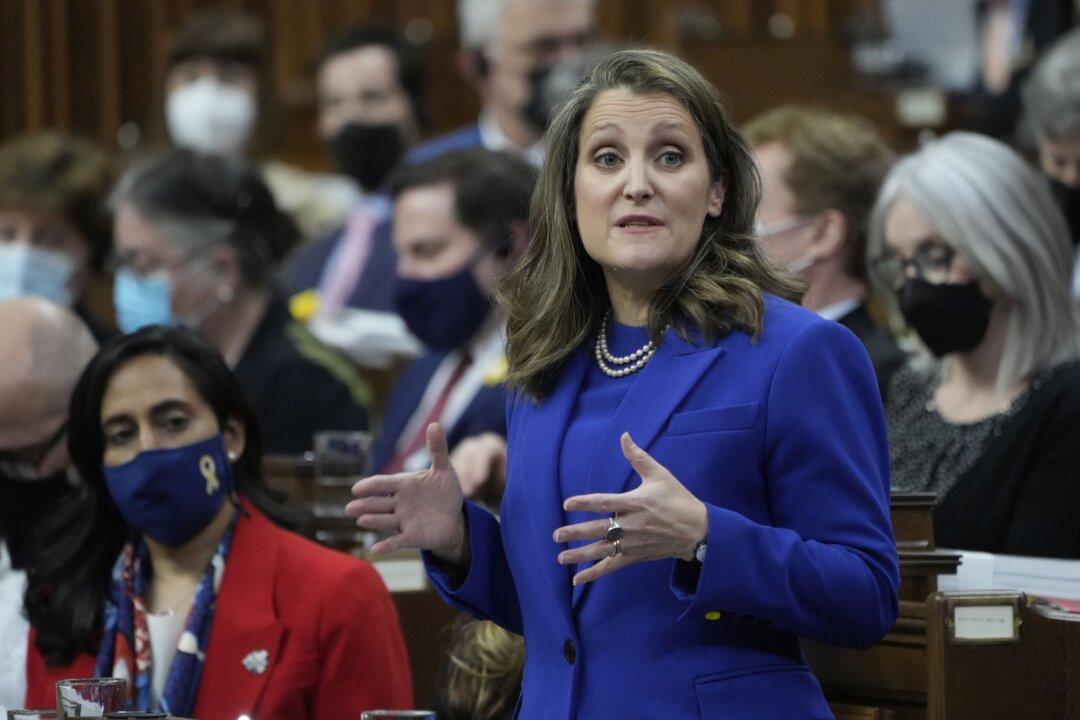Commentary
Since taking office in 2015, the Trudeau government has repeatedly claimed to have lowered personal income taxes for middle-class Canadians. However, recent data demonstrate that the government has not actually provided income tax relief to middle-class families, and it continues to confuse government transfers with taxes.






